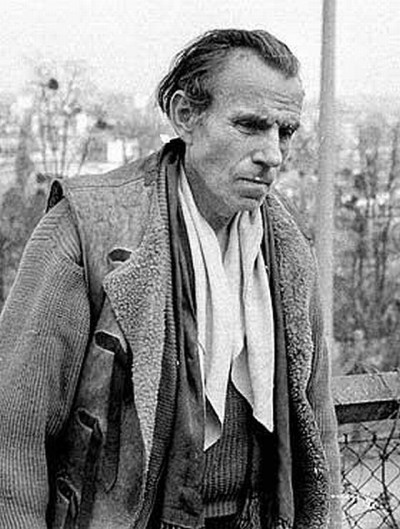
Unless one has a laser-sharp aesthetic sensibility or a unwavering passion from youth, it may be hard for most to realize who it is that they really are.
To say "really are," though, means what?
It's not like one has a mental displacement in the sci-fi sense, where one questions who they are in the midst of being cloned or being a clone or having their brain downloaded into another body or having one's memories erased by a malicious alien race and stranded on a distant moon to fend for one's self while unlocking the mystery of their origins or in the sense of the self-aware brain floating in a tank.
In reality, most people develop a sense of their need for an identity in an effort to put purpose in their life. They are in a sense looking to create the story arc that their life will traverse. This usually happens after high school, whether it's the stereotypical backpack across Europe to "find" ones self or in the listless struggle to find ones major in college.
Some figure themselves out fairly early and some never do or later in life.
Being creative is usually the hardest with the big issues as communicating is best done through a clear and focused detail and building a purpose is huge.
What is amazing about Man's Fate is the way some of character's purposes become clear through single moments in time that open their value system up for the rest of their lives.
Andre Malreaux, the author, put the conflict as centered on the massacre of Communists in 1927 by Chang-Kai-Shek, which was underpinned by the abandonment of those Communists by Stalin in Moscow. When you build your identity as a political revolutionary that is for the people, how do you process that betrayal to your body as well as your purpose? Furthermore, how do you reconcile fighting for esoteric concepts with the individual experience of killing a man?
The book opens with a man finding his purpose and identity but its not what he expected. He must creep in to a man's bedroom and assasinate him in his sleep, which he does successfully. But because he has such an intimate experience with death, his self view changes from a revolutionary to a murderer. As he cannot undo the killing, he becomes obsessed with his own death and now views every killing as the crafting of a relationship with another human just as one does in life.
Man's Fate was picked for Le Monde 100 due to the lasting impression it made on the readers as were all the selections. I can definitely see why, knowing The transformation of ones life course is lurking around an unknown corner waiting to point you in a new direction.
